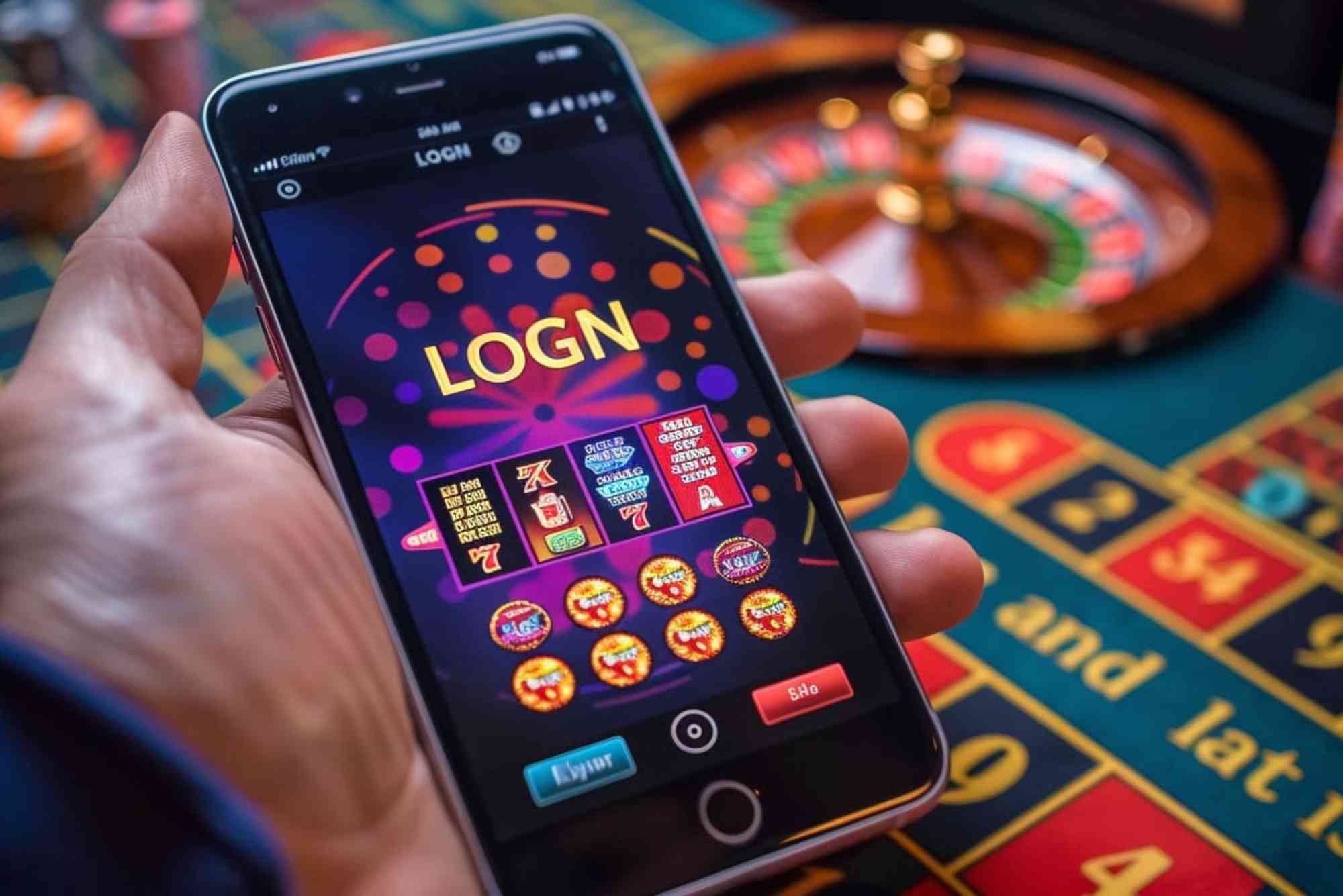Slot machines are a staple of excitement in the world of gambling, drawing players with the tantalizing promise of life-changing jackpots. Whether you’re spinning the reels at a physical casino or exploring the vibrant digital offerings of non GamStop casinos, the question remains: what are the odds of hitting a slot jackpot? This article dives deep into the mechanics of slot machines, the factors influencing jackpot odds, and practical tips for players looking to maximize their chances at non GamStop casinos.
Understanding Slot Machine Odds
Slot machines operate on a system known as the Random Number Generator (RNG), a sophisticated algorithm that ensures every spin is independent and random. This randomness is what makes predicting a jackpot win challenging. The odds of hitting a jackpot depend on several factors, including the type of slot machine, its paytable, and the specific game mechanics.
The Role of RNG in Slots
The RNG generates thousands of number combinations every second, determining the outcome of each spin. When you press the “spin” button, the RNG locks in a combination that corresponds to the symbols on the reels. This means that no amount of timing or skill can influence the result—it’s purely a matter of chance. For players at non GamStop casinos, this randomness ensures fairness but also underscores the low probability of landing a jackpot.
Types of Slot Machines and Their Odds
Not all slot machines are created equal. The odds of hitting a jackpot vary depending on the type of slot you’re playing:
Classic Slots: These typically have three reels and fewer paylines, offering simpler gameplay but often lower jackpots. The odds of hitting a top prize might be 1 in 10,000 or higher, depending on the game.
Video Slots: Modern video slots, common in non GamStop casinos, feature multiple paylines, bonus rounds, and intricate themes. Their jackpots can be substantial, but the odds are often steeper, sometimes 1 in several million.
Progressive Slots: These are the holy grail for jackpot hunters. Progressive slots pool a portion of each bet into a growing jackpot, which can reach millions. However, the odds of hitting a progressive jackpot can be as low as 1 in 50 million or more.
Understanding the type of slot you’re playing is crucial for setting realistic expectations about your chances.
Factors That Influence Jackpot Odds
Several elements determine the likelihood of hitting a slot jackpot. Here’s a closer look at the key factors:
1. Return to Player (RTP) Percentage
The RTP is a theoretical percentage indicating how much a slot machine pays back to players over time. For example, a slot with a 96% RTP returns $96 for every $100 wagered, on average. While RTP doesn’t directly affect jackpot odds, it provides insight into the game’s overall generosity. Slots with higher RTPs may offer better long-term value, but jackpots remain rare.
2. Volatility
Slot volatility, or variance, describes the risk level of a game. Low-volatility slots pay out smaller wins more frequently, while high-volatility slots offer larger payouts but less often. Jackpot slots are typically high-volatility, meaning the odds of hitting the top prize are slim, but the reward is significant.
3. Bet Size and Paylines
In many slots, especially progressives, you must bet the maximum amount or activate all paylines to be eligible for the jackpot. Betting smaller amounts may disqualify you from the top prize, so always check the game’s rules. At non GamStop casinos, players often have flexible betting options, but max bets are usually required for jackpot eligibility.
4. Jackpot Size and Type
Fixed jackpots have set payout amounts, while progressive jackpots grow over time. The larger the jackpot, the harder it is to win. Progressive jackpots, in particular, have lower odds due to their massive prize pools, which attract more players and increase competition.
Calculating the Odds: A Closer Look
Exact jackpot odds vary by game and are often not publicly disclosed by casinos or game developers. However, we can estimate based on common slot mechanics. For example:
A simple three-reel slot with one payline might have 1,000 possible symbol combinations. If only one combination triggers the jackpot, the odds are 1 in 1,000.
A five-reel video slot with thousands of paylines and complex bonus features might have odds of 1 in several million for the top prize.
Progressive slots, like Mega Moolah, can have odds exceeding 1 in 50 million due to their networked prize pools.
These figures highlight why jackpots are rare. While the allure of a massive payout is strong, players should approach slots with realistic expectations.
Strategies to Improve Your Chances
While slot outcomes are random, there are ways to make informed decisions and potentially improve your experience:
1. Choose High RTP Slots
Look for games with an RTP of 95% or higher. Many non GamStop casinos list RTPs in their game descriptions, helping you identify slots with better long-term payouts.
2. Understand the Game Rules
Before playing, read the paytable and rules. Ensure you know the requirements for jackpot eligibility, such as maximum bets or specific symbol combinations.
3. Play Progressive Slots Strategically
Progressive jackpots grow over time, so the odds of winning may improve slightly as the jackpot increases. However, only play progressives if your budget allows for max bets.
4. Set a Budget
Slots are designed for entertainment, not guaranteed wins. Set a strict budget and stick to it to avoid chasing losses. This is especially important at non GamStop casinos, where fewer restrictions may tempt players to overspend.
5. Take Advantage of Bonuses
Many non GamStop casinos offer bonuses like free spins or deposit matches. These can extend your playtime, giving you more chances to hit a jackpot without risking additional funds.
Common Myths About Slot Jackpots
Several myths surround slot jackpots, leading to misconceptions about how they work:
Myth: Slots are “due” for a jackpot after a long dry spell.
Fact: The RNG ensures every spin is independent. Past results don’t influence future spins.Myth: Playing at certain times increases your chances.
Fact: Slot outcomes are random 24/7, regardless of when you play.Myth: Higher bets guarantee a jackpot.
Fact: While max bets may be required for eligibility, they don’t increase the odds of winning.
The Reality of Jackpot Wins
Hitting a slot jackpot is a rare event, akin to winning the lottery. The odds are intentionally low to ensure casinos remain profitable while offering the chance for life-changing payouts. For example, in 2015, a British soldier won £13.2 million on Mega Moolah, a progressive slot, with a 25p bet—an outlier that highlights the rarity of such wins.
For most players, slots should be about fun, not financial strategy. The thrill of spinning the reels, combined with the slim chance of a big win, is what keeps players coming back.
Conclusion
The odds of hitting a slot jackpot are slim, often ranging from 1 in tens of thousands to 1 in millions, depending on the game. Factors like RTP, volatility, and bet size play a role, but the outcome is ultimately random. By choosing high RTP slots, understanding game rules, and managing your budget, you can enhance your experience at non GamStop casinos. While the dream of a jackpot is enticing, approach slots as entertainment, and any big win will be a delightful bonus.



